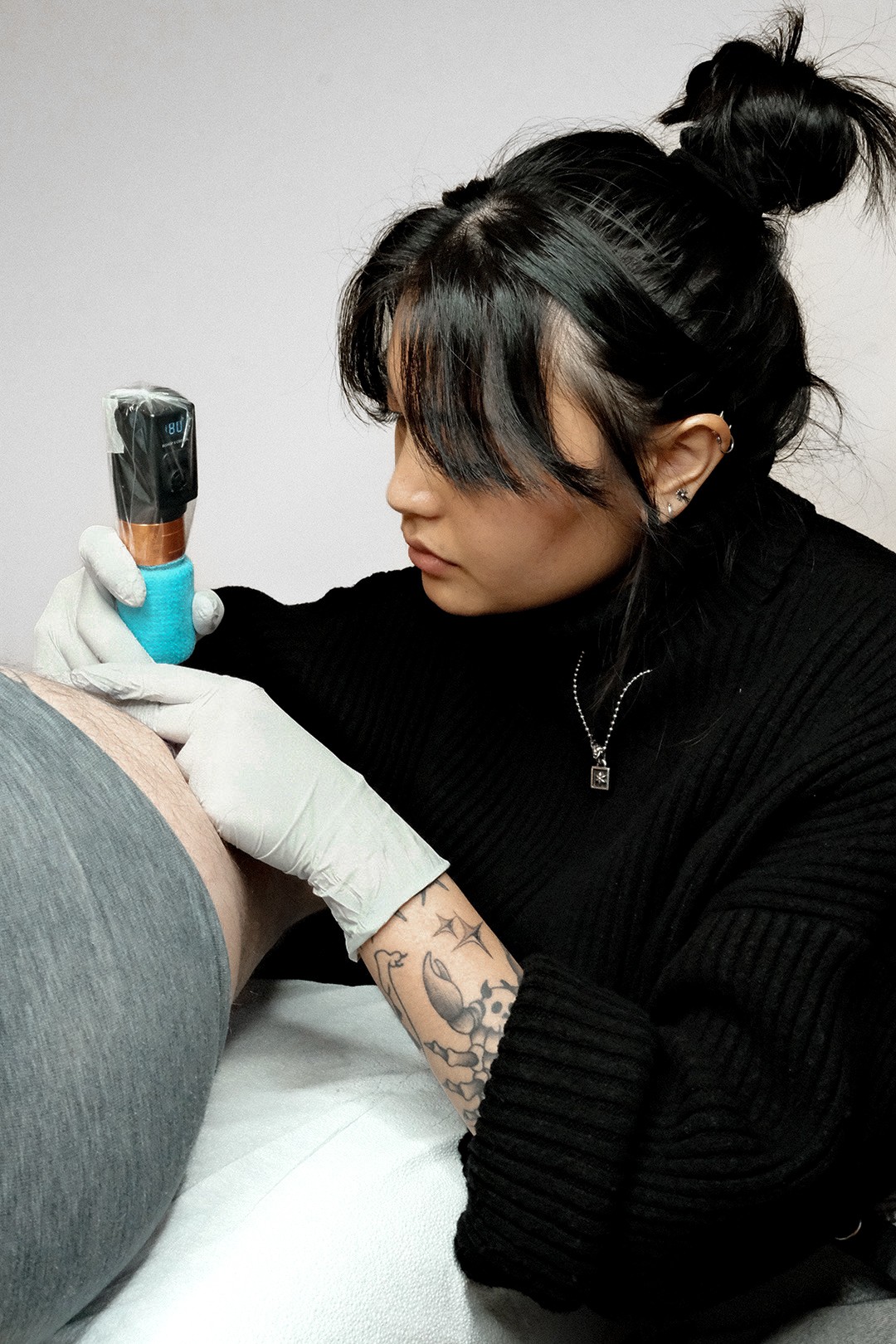Alright – so today we’ve got the honor of introducing you to Miyuki Rutledge. We think you’ll enjoy our conversation, we’ve shared it below.
Miyuki, looking forward to hearing all of your stories today. We’d love to hear about when you first realized that you wanted to pursue a creative path professionally.
Drawing was something I’ve always been passionate about growing up. In grade school, I used to draw model figures and cut out outfits with patterned papers. In middle school, I started drawing more manga/anime-related subjects. High school was the first time I’ve ever taken a proper art class and learned how to use different mediums. Though I’ve always done art growing up, I’ve never thought about pursuing Art as a career. Art was more of a hobby for me, and I didn’t enjoy the idea of mixing my hobby with my career. Many of my friends and relatives suggested that I should become a tattoo artist. The idea was never an option for me because of my fear of needles and blood. Fast forward to my mid-20s, I became an esthetician where I enjoyed learning about the anatomy of skin. I also loved how esthetic services allowed clients to feel confident and positively impacted them after their appointments. As much as I enjoyed being an esthetician, it did not pay me enoough to sustain in Seattle’s cost of living. Ever since I was in college, I worked at least two jobs at a time. There was also a part of me who kept revisiting the idea of pursuing art as a career. I have friends that pursued their artistic passion and became successful and happy. Also giving them freedom with their own schedule. As I was going through my quarter-century life crisis, money, happiness, and freedom sounded more appealing. I also didn’t want to let my esthetic license go to waste. So “art” and “skin” combined? Tattoo! What a concept. I started following and watching some videos on tattoo artists and how tattooing changed their lives. The more I looked into becoming a tattoo artist, the more I wanted to pursue it. I thought to myself, “if I could have a better quality of life, I need to be able to overcome my phobias”. So i started doing some exposure therapy by working as an assistant in a tattoo shop, and it was not bad at all. My phobias were just a little bird chirping in my head telling me I was afraid of something when it is not even that scary.
When I was looking into an appreticeship at tattoo shop, I’ve read many stories of mysogeny. I’ve also personaly dealt with cultural differences throughout my life, especially as an immigrant who moved to the States at age 9. My old coworker told me about a tattoo shop that was owned by an Asian woman, and all of the artists are Asian. I looked into their shop and artists’ page on instagram, and fell in love with their works. I wanted to join their team and become successful like them. So I reached out to the shop email. told who I am, my background, and my online portfolio. The owner (my now mentor) reached back out to me for an interview, so I went in with my portfolio. We discussed my goals, dedication, and commitment for apprenticeship. I sacraficed my days off and worked as an esthetician while doing my apprenticeship. I had no days off for about 2 years besides major holidays. After about a year and a half of apprenticeship, I became a resident artist here at NieU Studio in Seattle, WA, under my mentor Pingping Li. I am the happiest I’ve ever been, surrounded by many other talented artists to share passion and knowledge with.
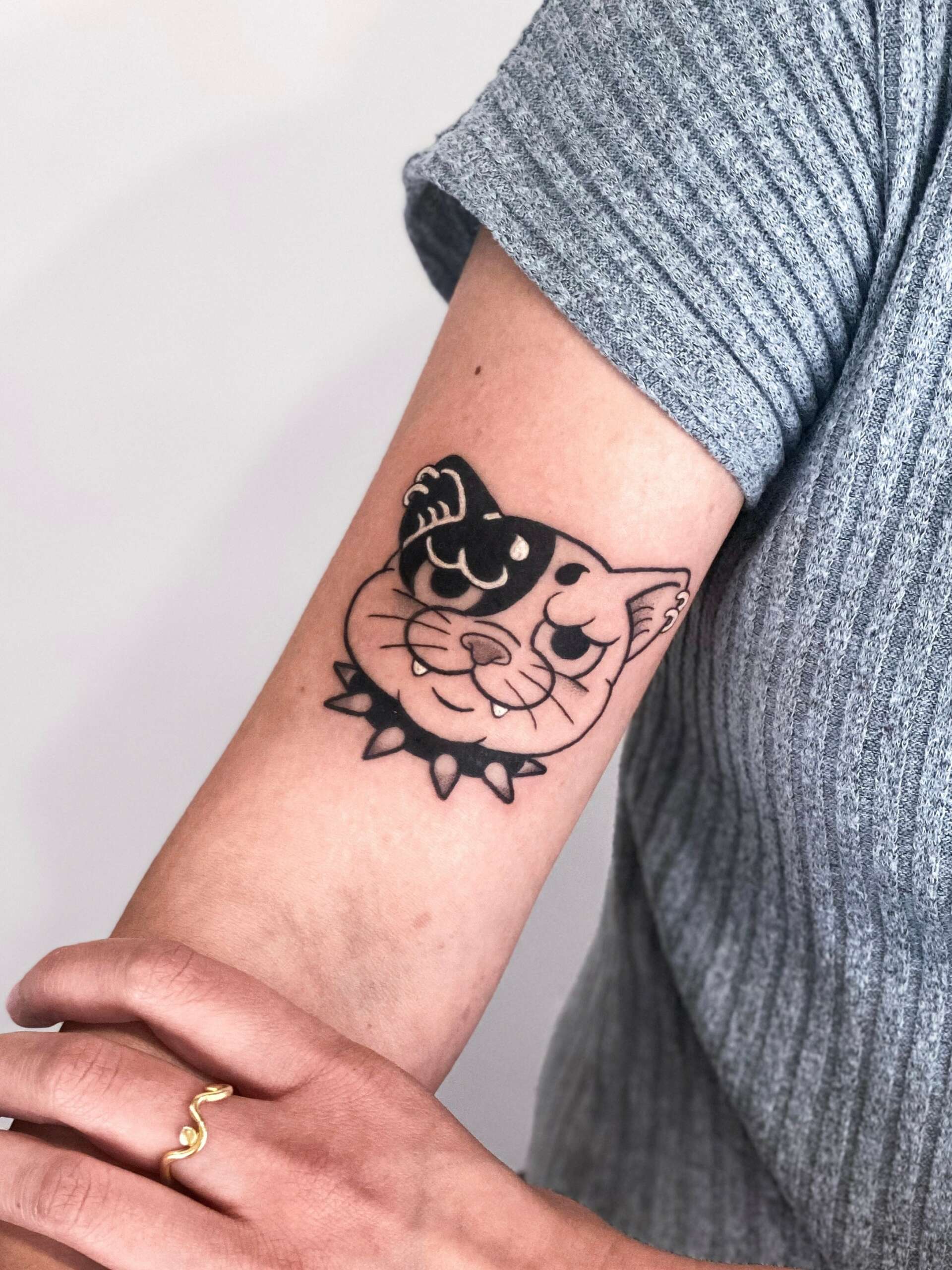
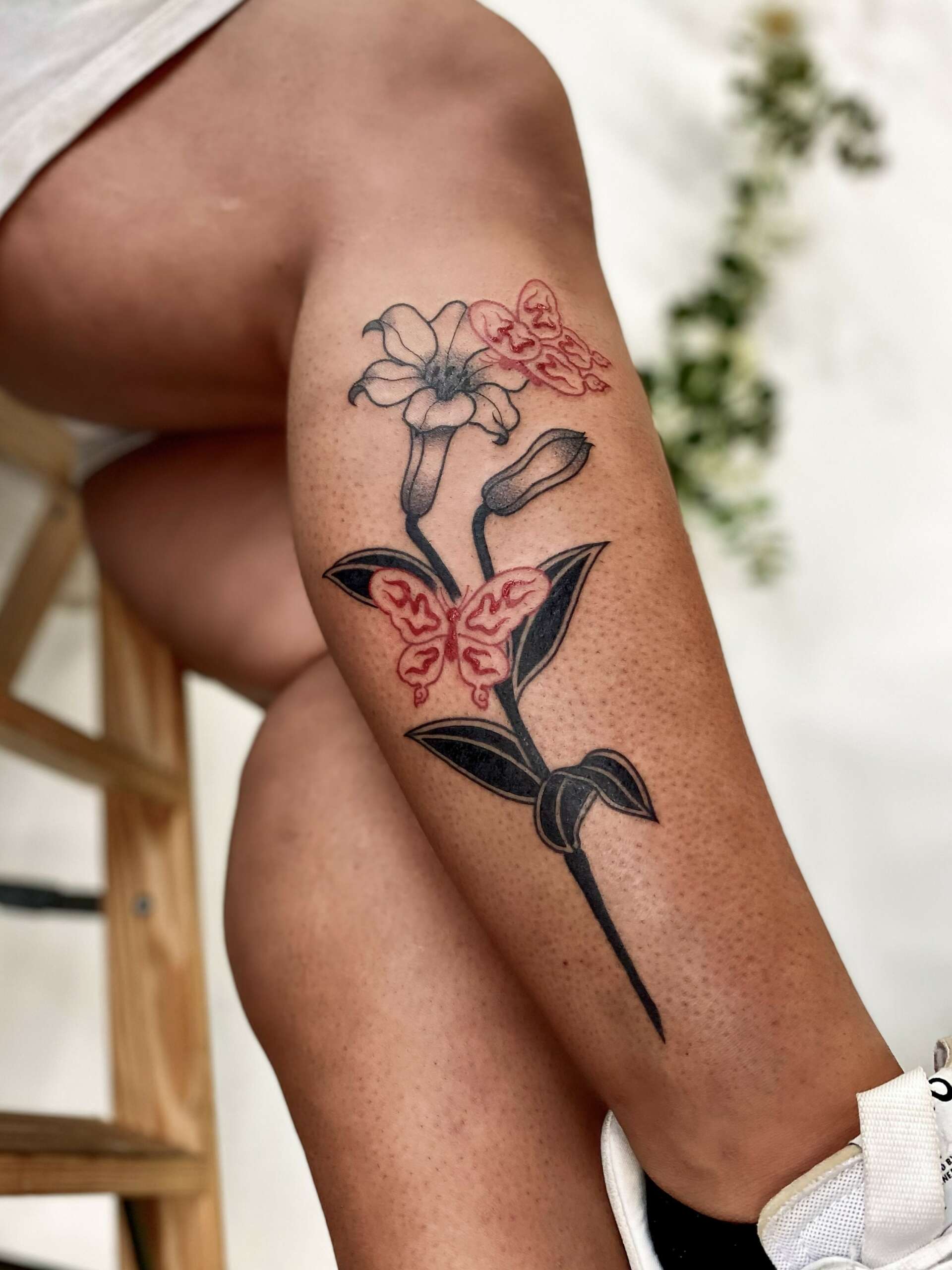
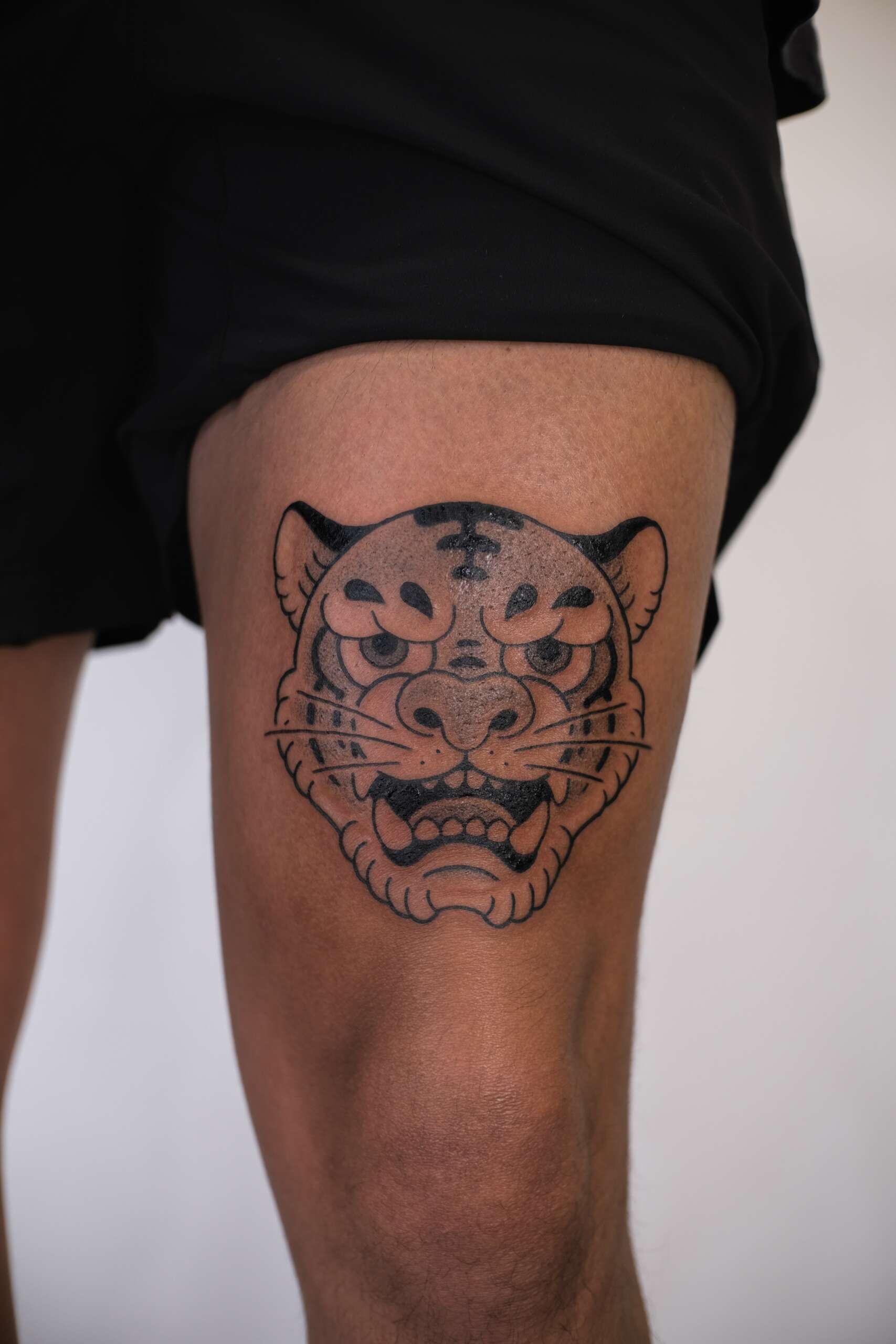
As always, we appreciate you sharing your insights and we’ve got a few more questions for you, but before we get to all of that can you take a minute to introduce yourself and give our readers some of your back background and context?
My name is Miyuki and I am a tattoo artist based in Seattle, WA. I was born in Tokyo, Japan, and moved to Seattle when I was 9 years old. With English being my second language at such a young age, it was difficult for me to be social because of the language barrier. I was more social when I was growing up in Japan, but moving to the States made me more introverted. I loved to draw ever since I was little, but my introvertedness accelerated my passion for art. Moving to the States also made me appreciate my Japanese heritage more. A lot of my artwork is greatly influenced by my Japanese culture. I would draw a lot of anime/manga-related subjects, traditional Japanese subjects, or even Japanese tattoos. Growing up, many people told me that I should pursue tattooing as my career. It was never an option for me because of my fear of blood and needles. Fast forward to my mid-20s, I’ve realized that life is too short to be afraid of something that could greatly impact my life. If I’m drawing traditional Japanese tattoo subjects on paper, why not do them on skin? So after obtaining my esthetic license and learning about skin, I decided to get over my phobias and pursue tattooing. The more I learned about tattooing and different genres/styles of tattoos, the more I wanted to create my own identity in tattoo. As a mixed-race individual (half filipina, quarter Japanese and quarter caucasian), I try to blend my cultures into my art. So now, I tattoo designs that are mix of Japanese, American, Anime, and blackwork. I design and apply my tattoos to stand the test of time, so my approach to the artform is more simplistic yet bold. I am still considered a novice in the industry, but it feels great that many people recognize and enjoy the style within my artowrk.
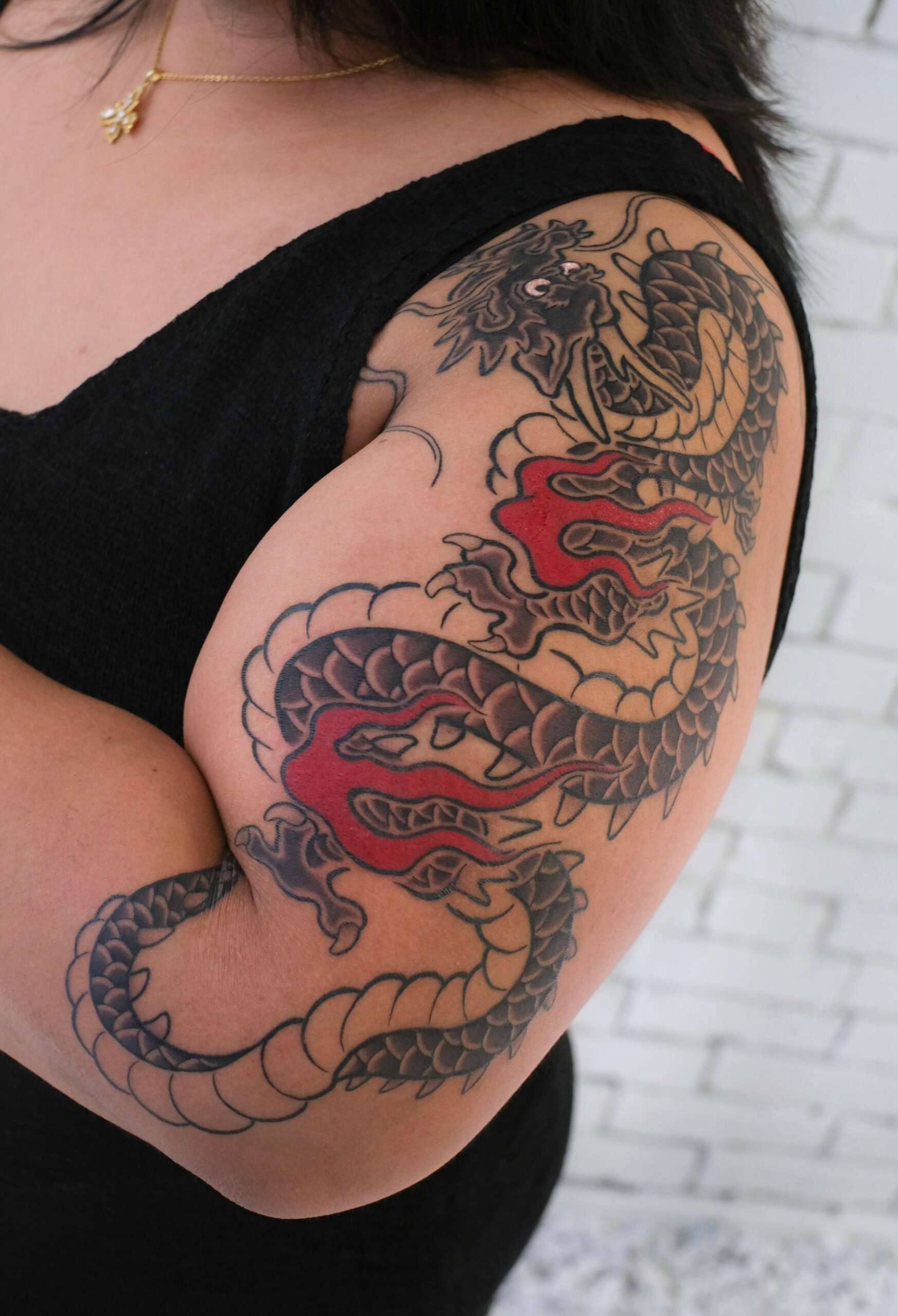
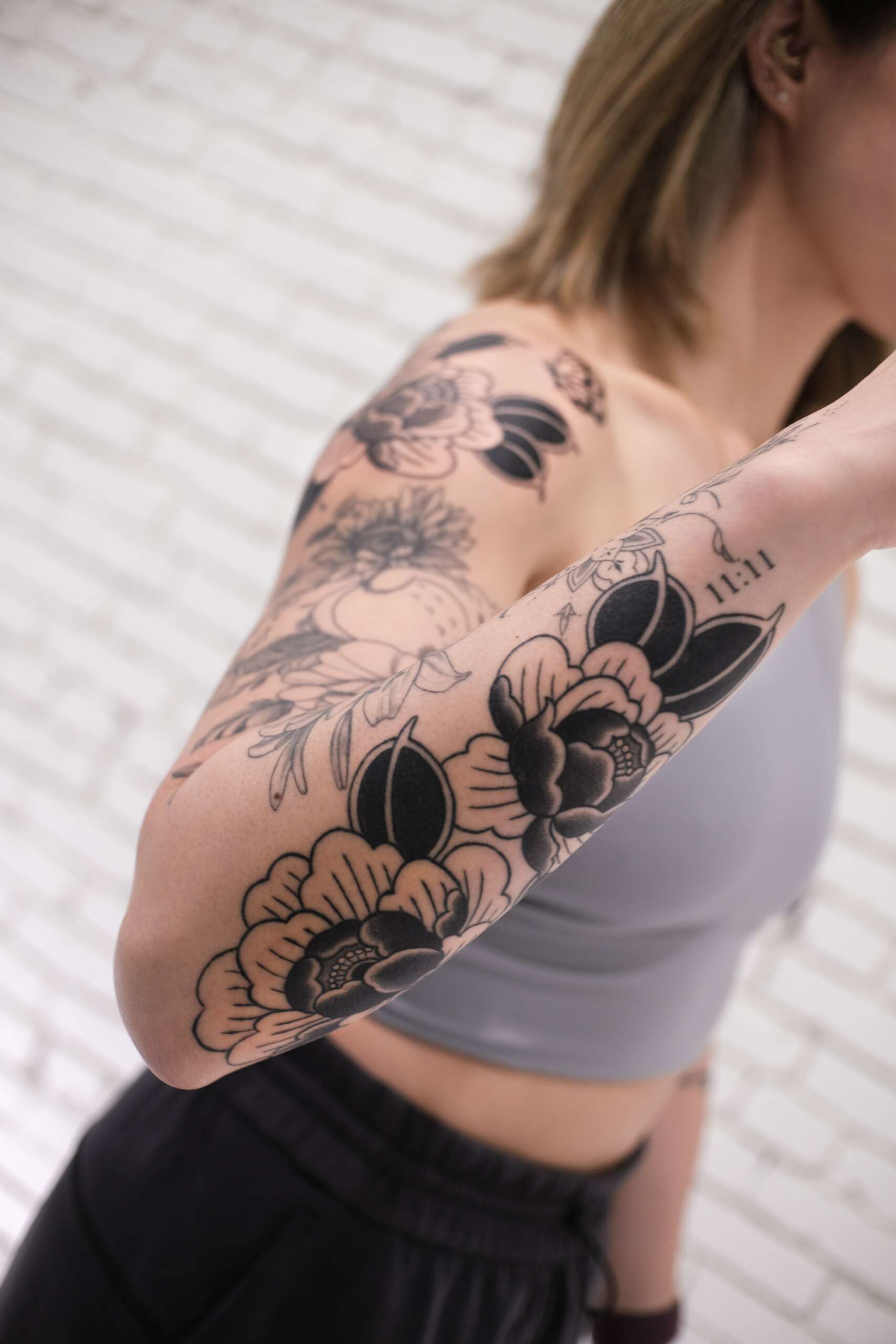
For you, what’s the most rewarding aspect of being a creative?
The most rewarding aspect about being a tattoo artist is that I get to give confidence to my clients. Permanently marking their bodies do come with a lot of responsibility and pressure. However, the impact you get to make for your clients makes all the pressure worth it. It always makes my appreciate what I do when my clients tell me how much it means to them.
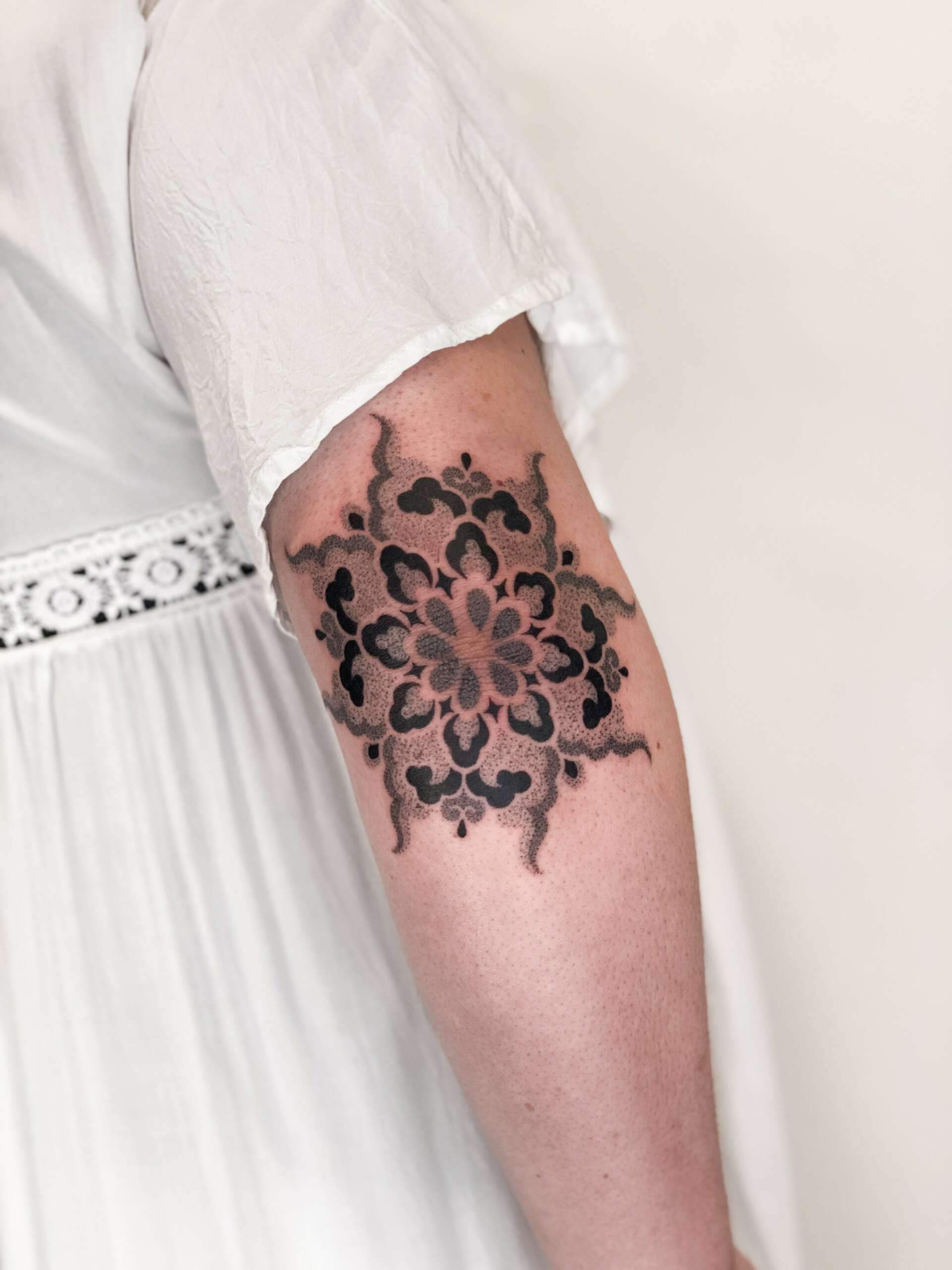
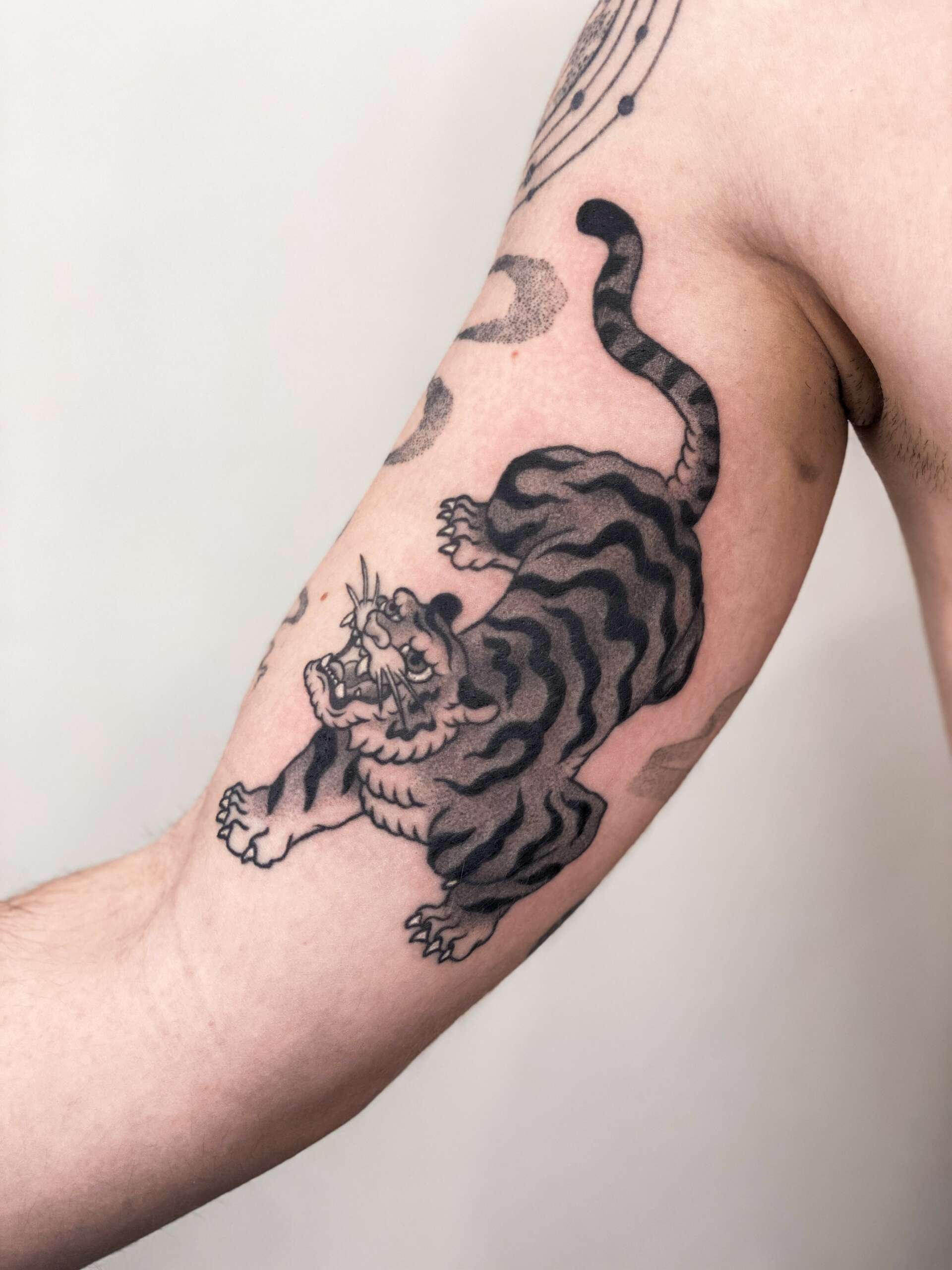
Do you think there is something that non-creatives might struggle to understand about your journey as a creative? Maybe you can shed some light?
The main disagreement a creative vs non-creative to me, is pricing. Usually, artist/creatives understand the time, effort, materials, and skillset it takes to create a project and set the price based on those variables. For example, someone might want to have a small tattoo that is less than 1” x 1” and expect that it would be $20 (which is not realistic), but they might not understand the time it takes to design the tattoo, set up/break down the station, the cost of supplies, the skillset that the artist took time to obtain, and many more variables. Cost of tattoo also varies from shop to shop, especially where the artist is located . Rent prices varies from city to city, so artists have to consider that in their prices as well. For tattoo artists, it takes so much time and dedication to go through an apprenticeship. Apprenticeship usually requires you to be at the shop, from open to close, cleaning, setting up stations for artists, drawing and refinining your art, practicing tattooing, all for no pay.
I hope for people who want to get tattoos in the future to consider these variables when booking an appointment with your artist!
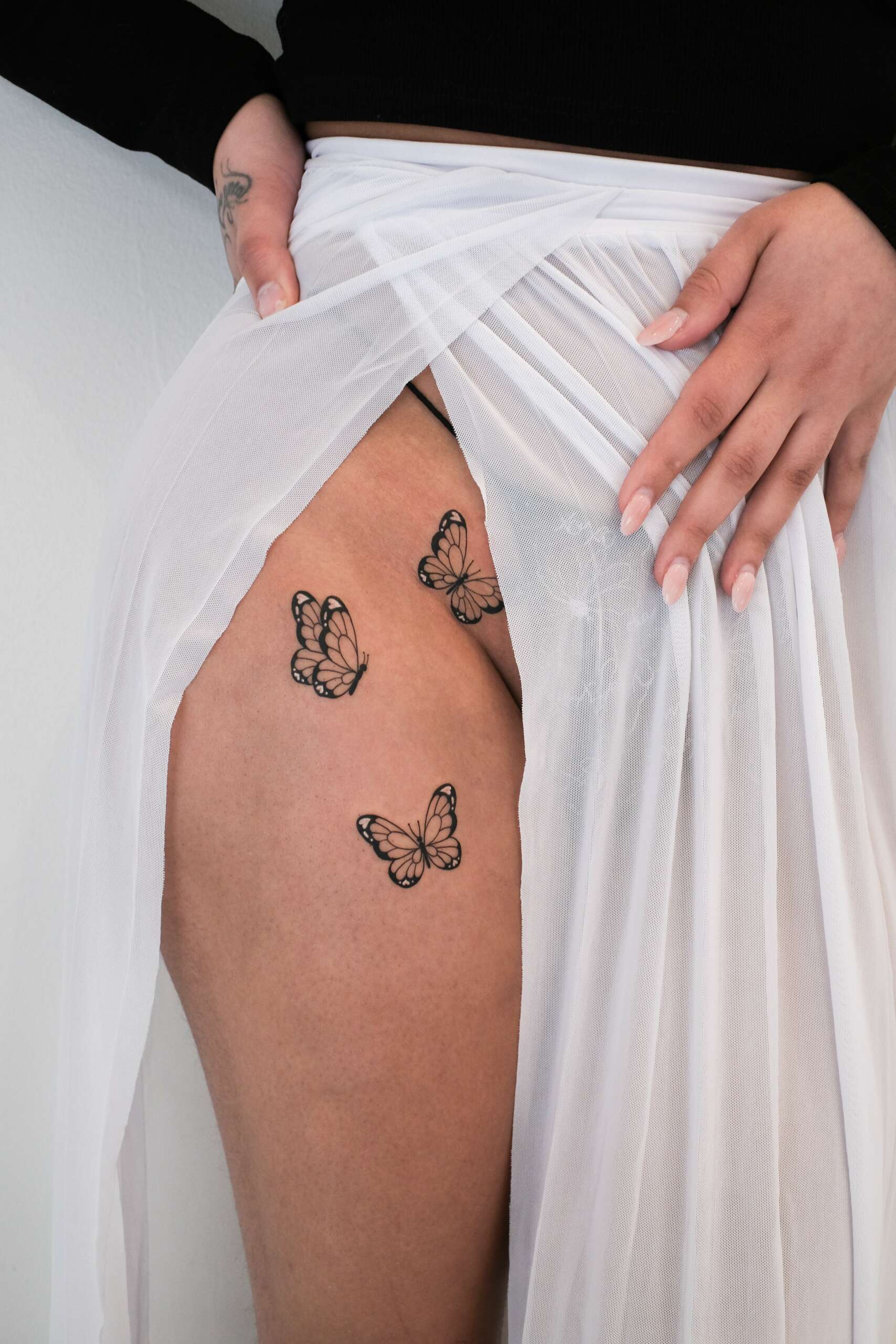
Contact Info:
- Instagram: https://www.instagram.com/miyookstattoo
Image Credits
@miyookstattoo


